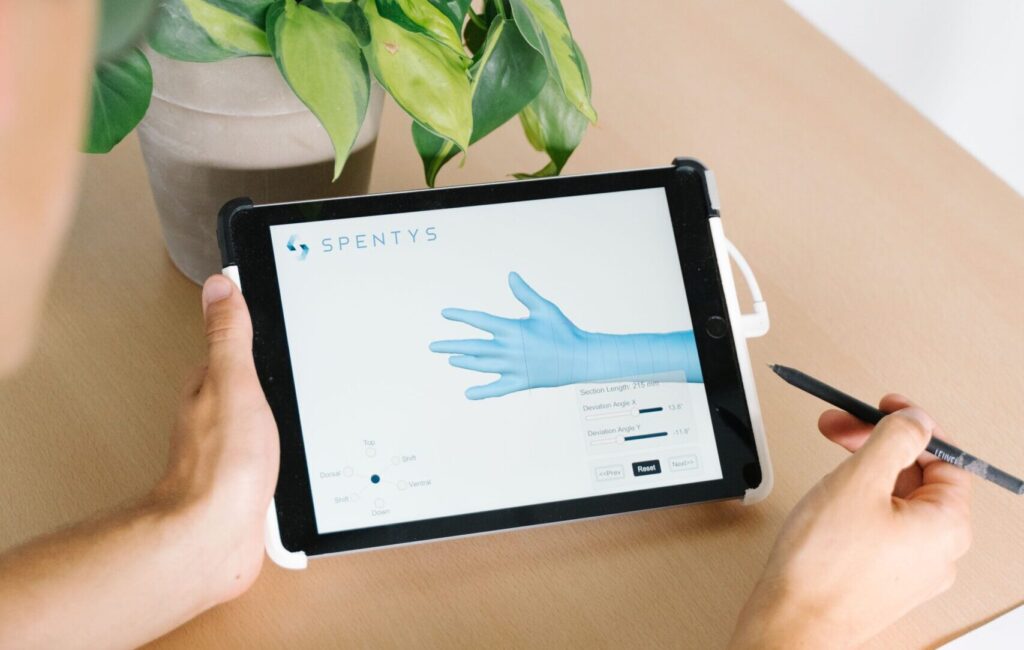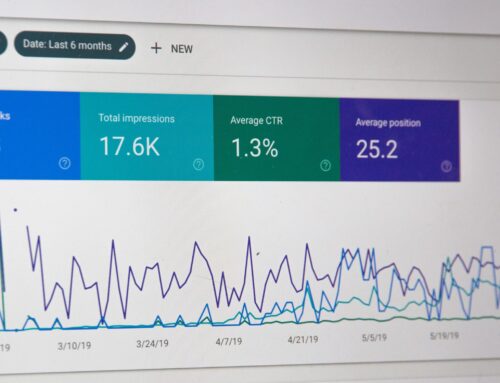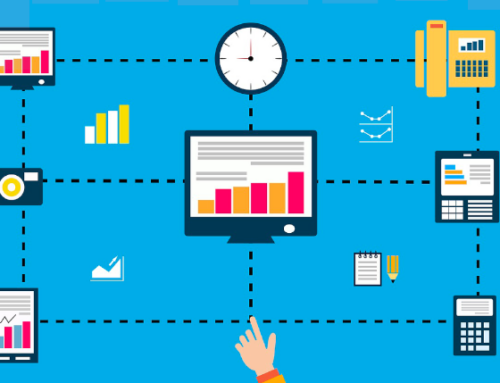
Because of the explosive growth we’ve seen in technology and everyday internet access, eHealth is booming. The rise of e-commerce and e-mail has inspired industry leaders to look for ways to merge the internet with the health industry, and today patients can meet with doctors to get a diagnosis, prescription or consultation through an app on their phone or computer.
What Does eHealth Provide?
Convenience of at-home treatment
It’s one of life’s biggest clichés, nobody likes waiting in a doctor’s office. We all feel that the time spent glued to cellphone screens or browsing through magazines could be spent much more productively. It becomes even more frustrating when these wait times are just so your doctor can prescribe medication or confirm your suspicions with a diagnosis.
 Virtual healthcare is working to improve this often-inefficient process. And, it’s an improvement that people are interested in. Parks Associates compiled a report that showed that 60% of U.S. households with broadband access are interested in remote care. Virtual healthcare is becoming more popular because patients are seeing how much time they can shave off their doctor visits. Virtual visits also tend to cost around half as much as an in-person visit.
Virtual healthcare is working to improve this often-inefficient process. And, it’s an improvement that people are interested in. Parks Associates compiled a report that showed that 60% of U.S. households with broadband access are interested in remote care. Virtual healthcare is becoming more popular because patients are seeing how much time they can shave off their doctor visits. Virtual visits also tend to cost around half as much as an in-person visit.
Additionally, these remote visits provide access that patients have never had before. If a patient is referred to an out-of-state specialist, the two can interact without needing to travel. Patients can also get a variety of expert opinions, without needing to visit a variety of clinics and offices.
Improvements on traditional healthcare
While everyone wants their life to be more convenient, there are people whose needs are more pressing. Those who live in rural areas often don’t have reasonable access to a doctor. They’re close enough in case of emergencies, but too far for other routine visits. Virtual doctor visits give these rural homes the steady and consistent access to a doctor that we all need to live a healthy life.
Another group of people who have much to gain are those with chronic conditions. Rather than needing to force themselves to a doctor when they’re not feeling great, they can be monitored from their homes. While being convenient, this also allows doctors to provide more constant monitoring. These patients can’t be expected to visit their doctor every day. So, their virtual monitoring can be much more consistent than what they’d normally get. Patients also benefit from taking note of their own vital signs and symptoms without a doctor. Doing this regularly can make them more aware of stressors and help them manage their lifestyles better.
Benefits to healthcare organizations
 In addition to having better access to patients, eHealth platforms also give doctors better access to one another. This increased interaction helps create better dialogue and more well-formed opinions on judgement calls. Doctors can reach out to peers for advice by pressing a few buttons. They have easy access to health records and can even get specialist advice when unsure.
In addition to having better access to patients, eHealth platforms also give doctors better access to one another. This increased interaction helps create better dialogue and more well-formed opinions on judgement calls. Doctors can reach out to peers for advice by pressing a few buttons. They have easy access to health records and can even get specialist advice when unsure.
In fact, a Harvard business review showed that 50% of specialist referrals were avoided at an institution due to its eHealth platforms. This was because doctors were able to easily speak with specialists before making a referral and judge if the visits were even necessary. This is important because it helps protect specialist offices from being flooded with cases that don’t need their attention. Virtual visits also make no-shows less common, which saves organizations time and money.
The Future of eHealth
 As internet access continues to grow in society, it seems inevitable that we’ll see virtual healthcare continue to grow too. People want to be able to operate remotely, whether that’s for work, school, or doctor visits. For the average person living a busy life; a cheaper, faster, and more efficient form of healthcare seems like a no brainer. Our digital age has already brought so many improvements to everyday life, and we’re seeing why virtual healthcare is one of the latest.
As internet access continues to grow in society, it seems inevitable that we’ll see virtual healthcare continue to grow too. People want to be able to operate remotely, whether that’s for work, school, or doctor visits. For the average person living a busy life; a cheaper, faster, and more efficient form of healthcare seems like a no brainer. Our digital age has already brought so many improvements to everyday life, and we’re seeing why virtual healthcare is one of the latest.
For more industry-focused articles like this, subscribe to our free monthly newsletter, Smarter…Faster!




